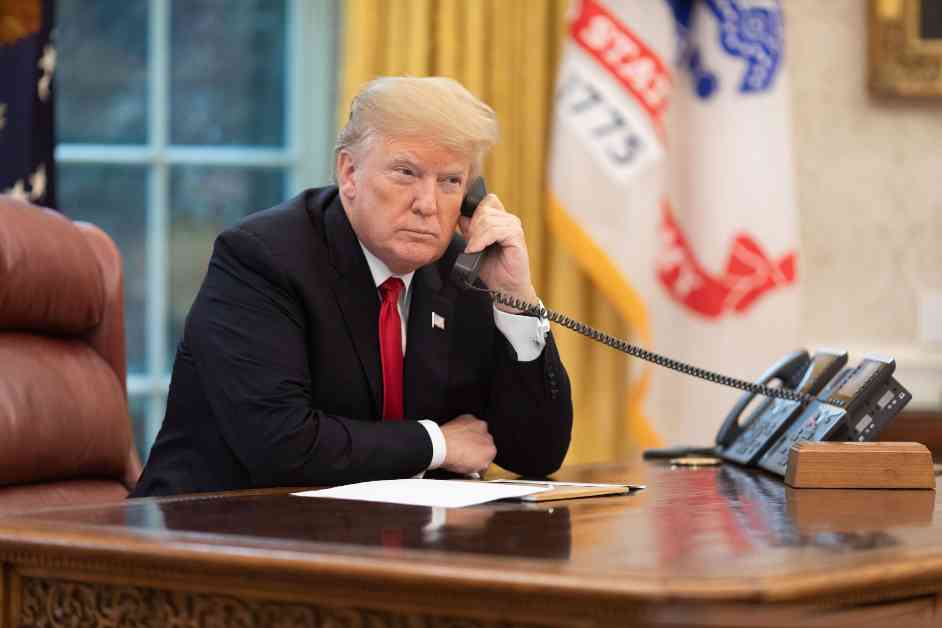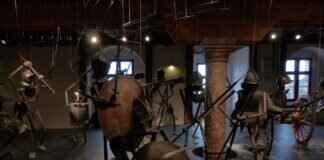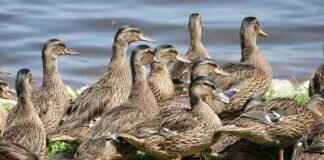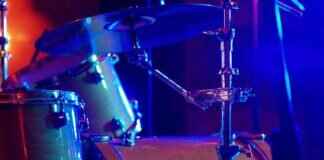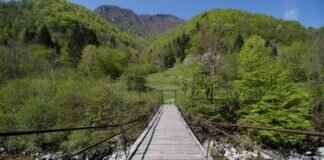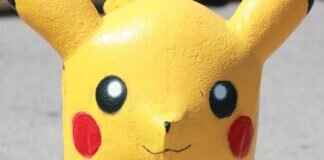President-elect Donald Trump’s upcoming second term has industry stakeholders on edge about the future of the Inflation Reduction Act (IRA), a landmark piece of legislation signed by President Joe Biden in 2022. The IRA is a comprehensive law that touches on critical issues like climate change, healthcare, and taxation, with a particular focus on clean energy initiatives and manufacturing.
Trump’s Promises and Potential Impact
During his campaign, Trump made bold statements about rolling back the IRA, labeling it as the “Green New Scam.” He expressed skepticism about climate change and emphasized the importance of traditional energy sources like oil and fossil fuels. With his impending return to the White House, concerns are mounting among stakeholders that key provisions of the IRA, especially tax credits for clean energy, may be at risk.
Industry Insights and Optimism
Despite the uncertain future, industry insiders offer some hope that certain aspects of the IRA may be preserved. Many projects funded by the IRA are located in red states and swing states crucial for elections, potentially influencing Trump’s decisions on the legislation. Experts like Ron Kosmahl and Himanshu Shah highlight the bipartisan appeal of renewable energy projects supported by the IRA, emphasizing the economic benefits and job creation associated with these initiatives.
Challenges and Consequences
However, concerns remain about the potential scaling down of the IRA, particularly regarding tax credits for renewables. Alan Miller warns that some projects could be halted or affected if tax incentives are compromised. The looming possibility of economic repercussions on a global scale is also a cause for alarm, as scaling back the IRA could lead to missed opportunities for the U.S. in the competitive clean energy market.
In conclusion, the fate of the IRA hangs in the balance as Trump’s second term approaches. While there is optimism among some industry insiders, the potential consequences of altering this crucial legislation are significant. Whether the IRA survives, undergoes modifications, or faces repeal remains a critical question with far-reaching implications for the American economy, energy landscape, and climate initiatives.

